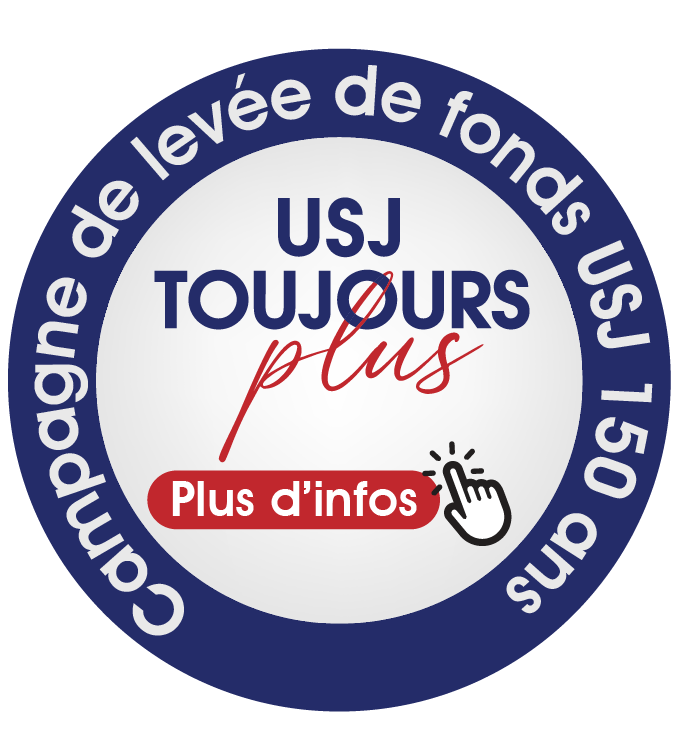| 040APSLL6 | Assessment principles in SLT |
|---|---|

|
This course is part of the Bachelor’s degree in Speech and Language Therapy in Semester 6. Applying evidence-based practice in evaluation and intervention is one of the main recommendations of health organizations and SLT professionals. SLTs are thus required to follow a thorough methodology to support their clinical decisions depending on their patients’ contexts and environment. This TU is based on clinical vignettes found in the multicultural and multilingual Lebanese context. It should allow the students to learn how to apply a reflective methodology in their evaluation and to know how to construct a scientifically-based intervention plan. This TU contributes to the following learning achievements: - Conduct interventions for screening and assessments in Speech and language Therapy within a clinical approach - Collaborate with different stakeholders in order to establish appropriate intervention adapted to the context, and suited to each individual - Provide health professionals, parents and patient’s environment with information about the specificities of the disorders encountered and their impact on the individual’s life, for prevention and screening purposes. - Elaborate an intervention program and protocol which will be convenient for each individual case. - Respect the ethical code in practicing Speech and Language Therapy Temps présentiel : 15 heures Charge de travail étudiant : 50 heures Méthode(s) d'évaluation : Examen final, Travaux pratiques contrôlés Référence : |
| Les prérequis de ce cours sont les suivants | |
|---|---|
| Assessment of Communication and Language Disorders Written language disorders 1 : symptomatology and assessment |
| Ce cours est proposé dans les diplômes suivants | |
|---|---|
| Bachelor in speech and language therapy |



 Faculté de médecine
Faculté de médecine